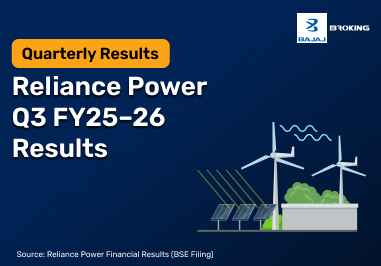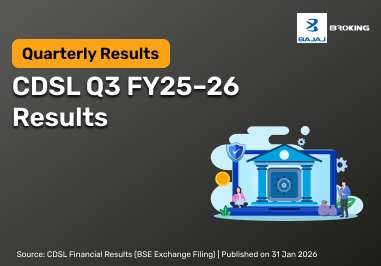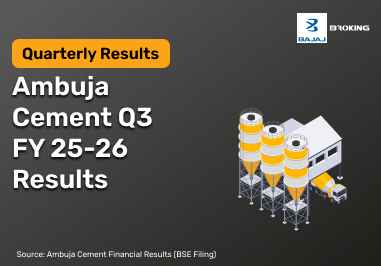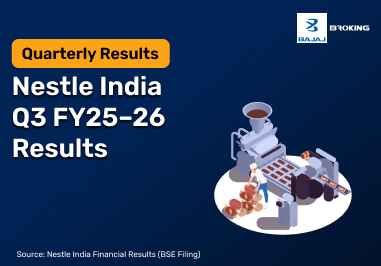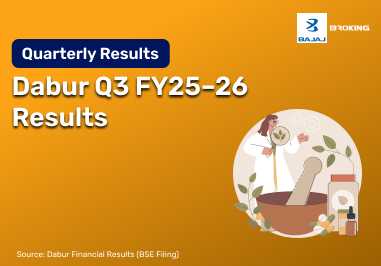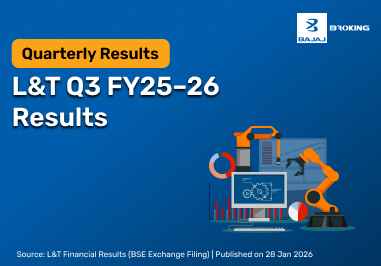What Is an IPO?
IPO, short for Initial Public Offering, refers to the process through which a company offers its shares to the public for the first time. It is a means for businesses to raise funds. It also allows retail investors like you to become a shareholder and own a portion of the company.
The shares are typically traded on a stock exchange, where buyers and sellers can exchange ownership in the form of shares. By launching an IPO, the company allows the public to participate in its growth and success.
Types of IPO
There are two types of IPO. They are -
In a fixed price offering, the price at which the shares are offered to the public is predetermined and remains fixed throughout the entire IPO process. All investors who participate in the IPO purchase the shares at the same issue price, regardless of the demand or market conditions.
This type of IPO is simpler and more suitable for smaller companies or those with a stable valuation.
Unlike a fixed-price offering, a book-building IPO allows the public to determine the price of the shares through a bidding process. You get to choose the amount with which to buy shares within a certain price band determined by the company. The final price is determined based on the demand generated during the book-building period.
This type of IPO is more flexible and better suited for larger companies or those with a fluctuating valuation.
IPO Advantages and Disadvantages
The advantages and disadvantages of investing in an IPO are listed below –
- Benefits of Investing in an IPO
Investing in an IPO can provide several advantages to both individual and institutional investors.
IPOs offer the potential for significant returns, especially if the company experiences rapid growth after going public.
Investing in an IPO allows investors to become part owners of a promising company.
IPOs often receive substantial media attention, which can increase the visibility and credibility of the invested company.
Investors can make quick listing gains from IPOs of reputable companies.
- Disadvantages of Investing in IPO
Despite having several advantages, investing in an IPO also carries inherent risks.
The primary risk is the possibility of substantial price volatility, especially during the initial trading period.
It is important to note that not all IPOs turn out to be successful, and you may lose a significant portion of your investment.
Terms Associated with IPO
When dealing with IPOs, certain terms commonly used in the process include demat account, underwriter, prospectus, lock-up period, and quiet period.
A demat account stands for a dematerialised account for holding investments like shares, units of mutual funds, bonds and government securities.
An underwriter is a financial institution responsible for managing the IPO and finding investors.
A prospectus is a document that provides essential information about the company, its financials, and the risks associated with investing in the IPO.
The lock-up period refers to a specific time frame after the IPO during which company insiders, such as employees and executives, are restricted from selling their shares.
A quiet period is a time after the IPO when the company is prohibited from issuing communications that may influence the stock price.
Summing up
An IPO is a significant milestone in the life cycle of a company, as it provides an opportunity for it to raise funds and expand its operations. It also allows you to participate in the growth of a promising company. However, investing in an IPO should be approached with caution and thorough research, as it carries both advantages and disadvantages. Having a basic knowledge of IPO is essential for making informed investment decisions.
Bajaj Broking offers the flexibility of easy demat account opening and a hassle-free trading platform. You can stay up-to-date with the latest news on upcoming IPOs here and have all your IPO application details pre-filled for your convenience.



